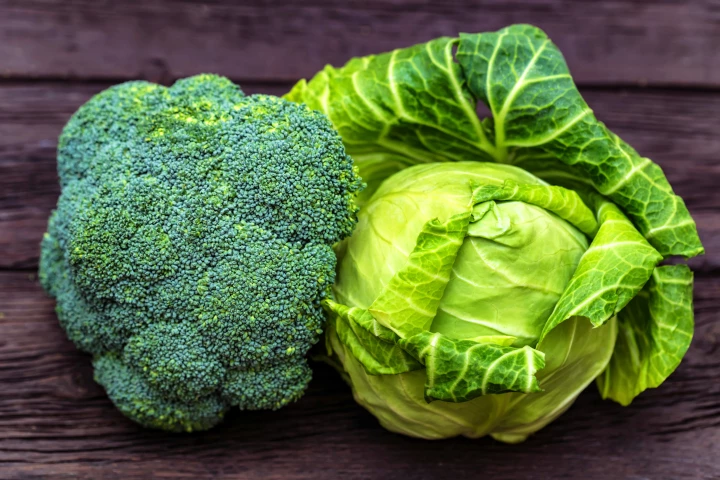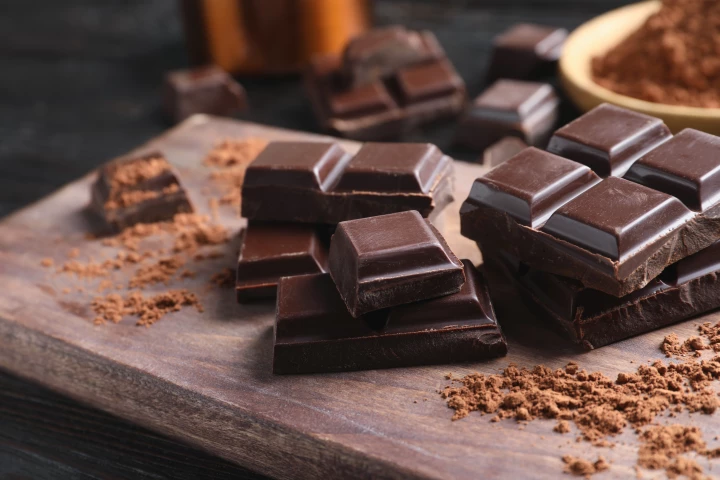Taste
-
It's a well-known fact that if you're trying to cool your mouth after eating spicy food, you should drink milk, not water. Bearing that fact in mind, scientists have developed an "artificial tongue" that measures food spiciness using a milk protein.
-
The world’s priciest coffee comes from civet droppings. New research confirms these “poo coffee” beans are chemically distinct – but does that make them taste better, or just pricier?
-
Bitter taste receptors inside cancer cells have been found to be activated in the presence of anti-cancer drugs. Shutting these receptors down could make the cells more susceptible to drug treatment and help us fight the disease more effectively.
-
For the first time, scientists have found that smell and taste are inseparable much earlier in the brain than we'd thought. Odors can actually be coded as tastes in the primary taste cortex, overturning decades of assumptions as to how flavor is built.
-
While machines have mastered both sight and sound, the sense of taste has largely remained exclusive to biological organisms. Now, researchers in Beijing have built a graphene oxide “tongue” that doesn’t just detect chemicals, it learns them.
-
If you have an aversion to the bitterness of foods like cabbage or broccoli, you might be a "super-taster," carrying a specific genetic code that dials up taste sensitivity. It may also put you at higher risk of kidney disease and bipolar disorder.
-
VR is incredibly immersive for sight and sound, touch can be done, and even smell is starting to appear. That just leaves one sense – and whether or not anyone actually wants to taste virtual worlds, a new device is now tackling that final frontier.
-
So, you know you should cut back on salt, but you don't like the bland taste of low-sodium foods. The Electric Salt Spoon may be just what you need, as it's claimed to boost the salty flavor of foods without actually adding any salt.
-
Machine-learning models predicted what would make beer taste better. Trained taste testers who drank the AI-altered beverages were greatly impressed. Now, scientists behind this taste-perfecting method have their sights set on much more than beer.
-
While chocolate will likely never be an overall healthy food, it would be good if there could at least be a lower-sugar version of it that people liked just as much as the real thing. Well, it turns out that oat flour could help make that happen.
-
If you overindulge in sugary treats, the good news is that your sweet tooth will be silenced. The bad news, though, is that this triggers a hormonal call out for fatty foods. And even worse news, too much fat will then switch sugar cravings back on.
-
Researchers have uncovered the mechanism by which our taste buds detect ammonium chloride, exemplified by the distinct taste of salty licorice. They say the discovery provides evidence for the existence of a sixth basic taste.
Load More










